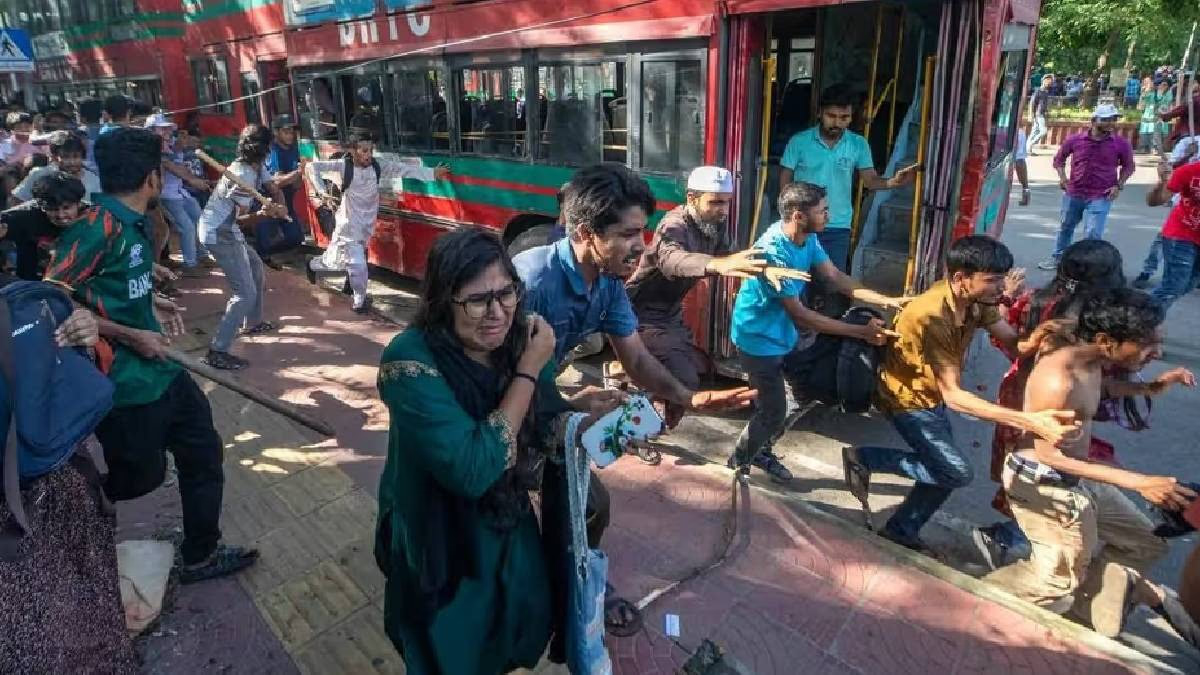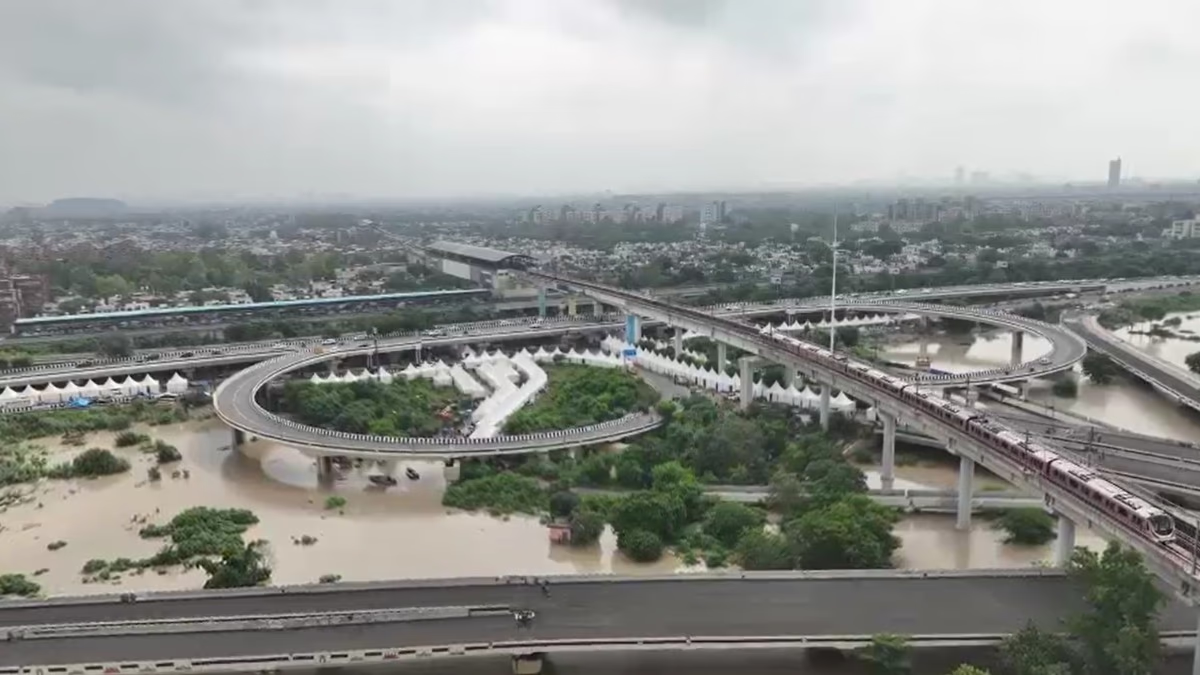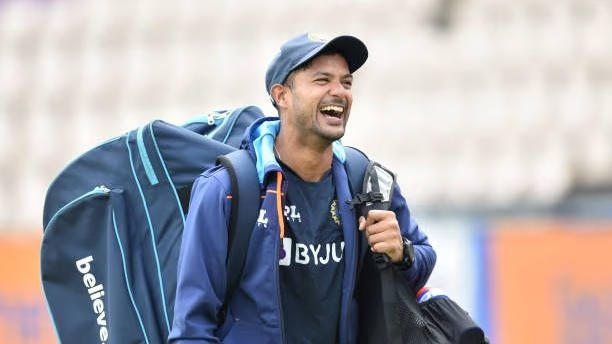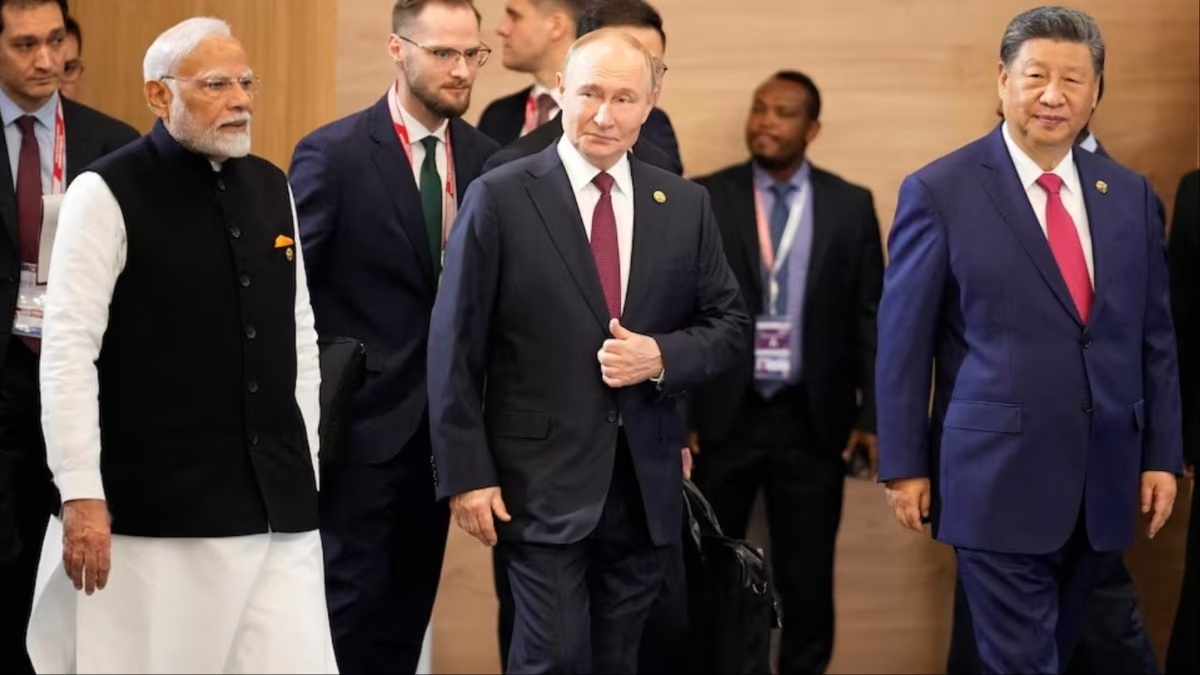Student demonstrations in Bangladesh, demanding an end to the job reservation system, have turned violent. The situation has escalated to the point where clashes with the police have resulted in 39 fatalities. Over 2500 demonstrators have been injured. Protesters armed with sticks and stones have taken to the streets, setting buses and private vehicles ablaze.
Public transportation including buses, trains, and metro services in Bangladesh have come to a halt. To prevent further violence, the government has shut down mobile internet services. Schools, colleges, and madrassas have been closed indefinitely. The military has been deployed throughout the country to control the situation.
Government Television Station Attacked
Prime Minister Sheikh Hasina of Bangladesh recently addressed the nation on state television, appealing for peace. However, this led to heightened agitation among the protesters, who attacked the television station's office and set it on fire. During the attack, around 1200 employees including several journalists were present, and were later rescued by police and administration after intense efforts.
Bus Services Completely Suspended Amidst Protests
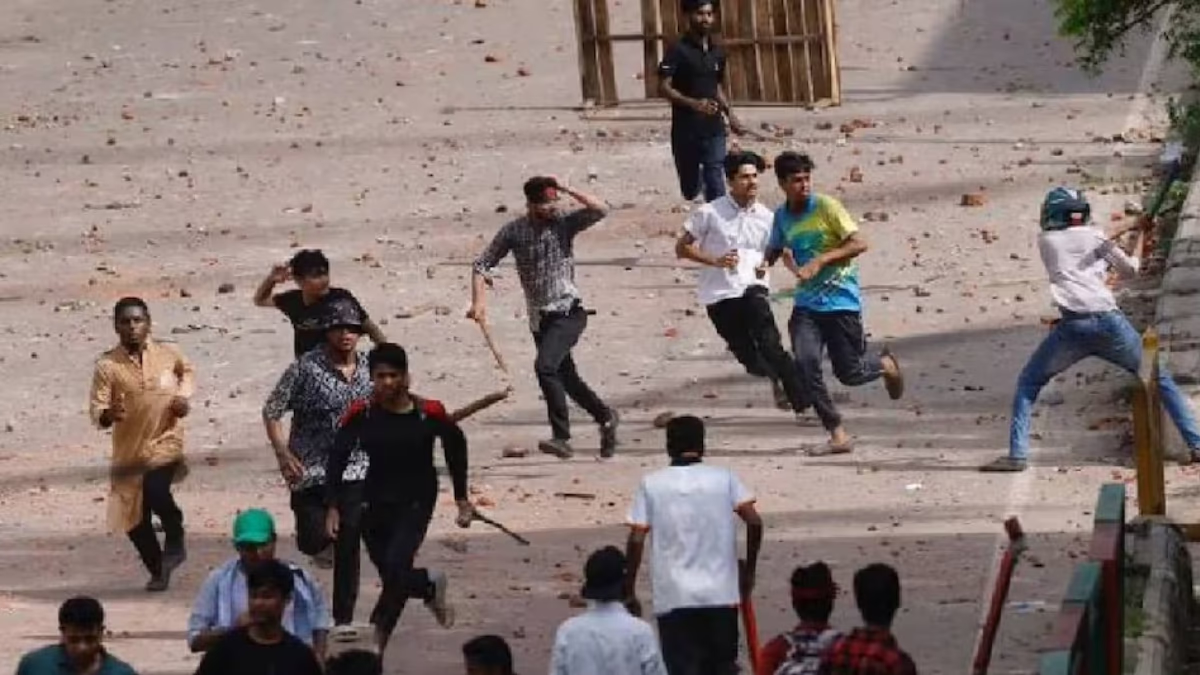
Source: aajtak
The riot police are firing rubber bullets and tear gas to contain the protesters, many of whom are seriously injured. Many companies have instructed their employees to work from home. Bus services between Dhaka and other parts of the country have also been suspended. According to employees at the Gabtoli and Saidabad bus terminals, bus operators have instructed not to run any services on the roads.
60 Police Officers Rescued by Helicopter
According to a report by Dhaka Times, their reporter Mehendi Hasan died while covering clashes in Dhaka. Protesters also demonstrated violently on the campus of Canada University in Dhaka. 60 police officers, trapped on the rooftop of the university, were rescued with the aid of a helicopter.
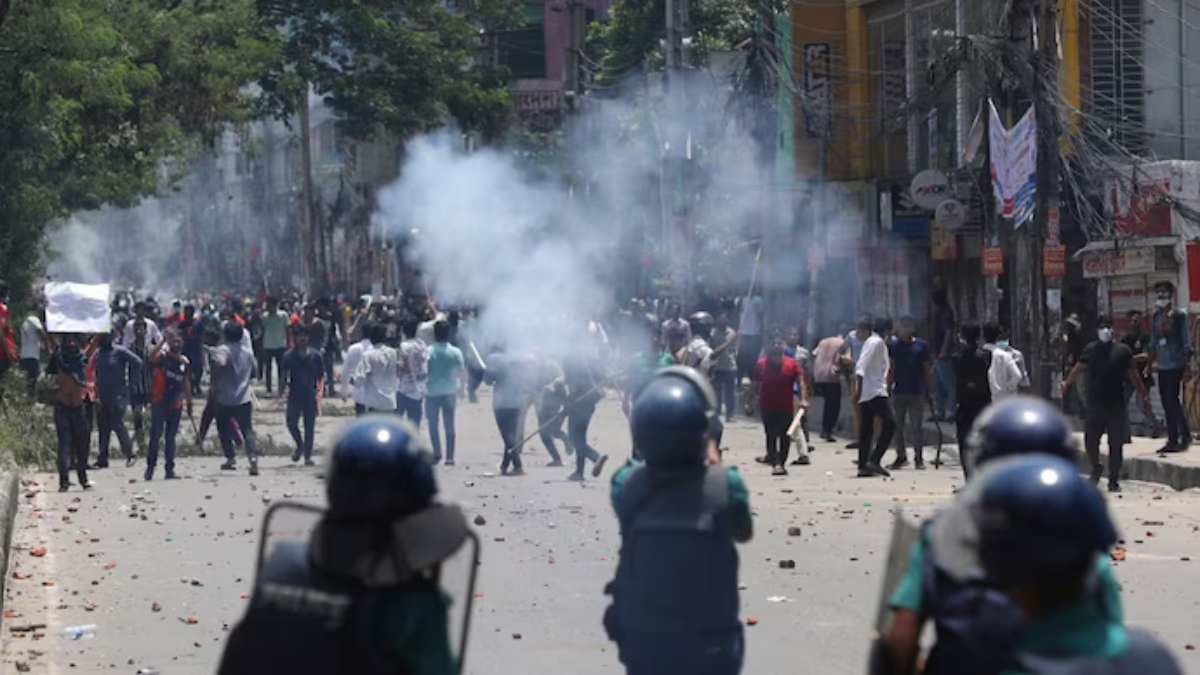
Source: aajtak
Advisory Issued by Indian High Commission
The Indian High Commission has issued an advisory for Indians in Bangladesh, instructing the Indian community and students residing there to avoid travel and stay indoors unless absolutely necessary. Emergency contact numbers operable 24 hours have also been provided for assistance.
Protests Against the 30% Quota
Under the current reservation system, 56% of government jobs are reserved. Of this, 30% are for the descendants of freedom fighters of the 1971 liberation war, 10% for underdeveloped administrative districts, 10% for women, 5% for ethnic minority groups, and 1% for persons with disabilities. The ongoing protest is against the 30% reservation allocated to the descendants of freedom fighters. It's noteworthy that Bangladesh generates approximately 3,000 government job opportunities each year, for which around 400,000 candidates apply.
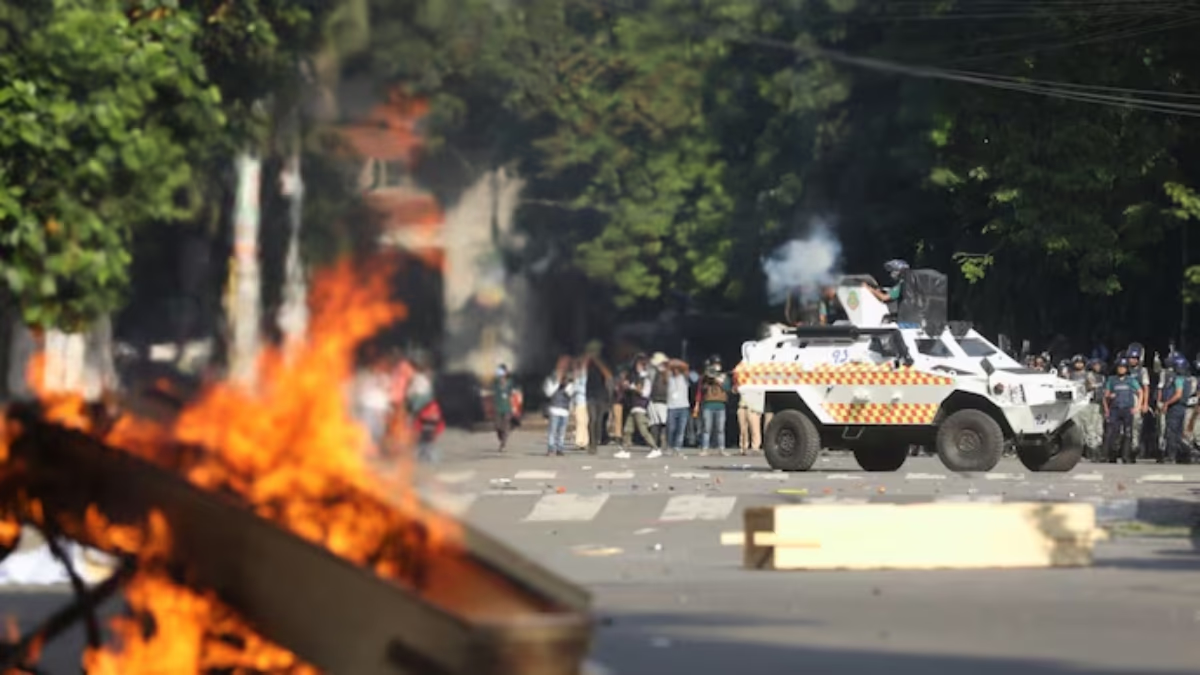
Source: aajtak
Bangladesh's Reservation Policy
1.
Children of freedom fighters receive a 30% reservation in government jobs.
2.
There is also a 10% reservation for women in Bangladesh.
3.
Additionally, a 10% quota is designated for various districts.
4.
Ethnic minorities like the Santhal, Panko, Tripuri, Chakma, and Khasi receive a 6% quota. There is no separate reservation for Hindus.
5.
When totaled, these reservations account for 56% of opportunities. The remaining 44% is kept for merit-based applications.
